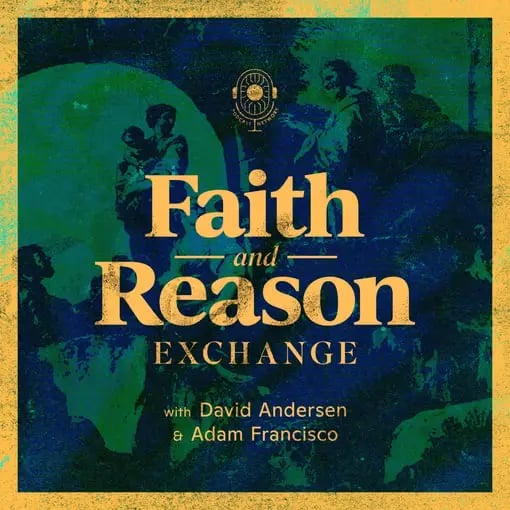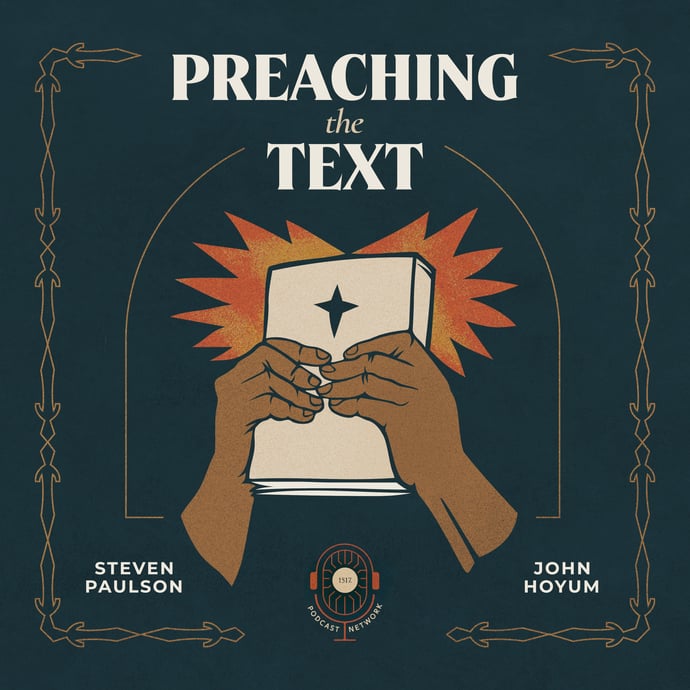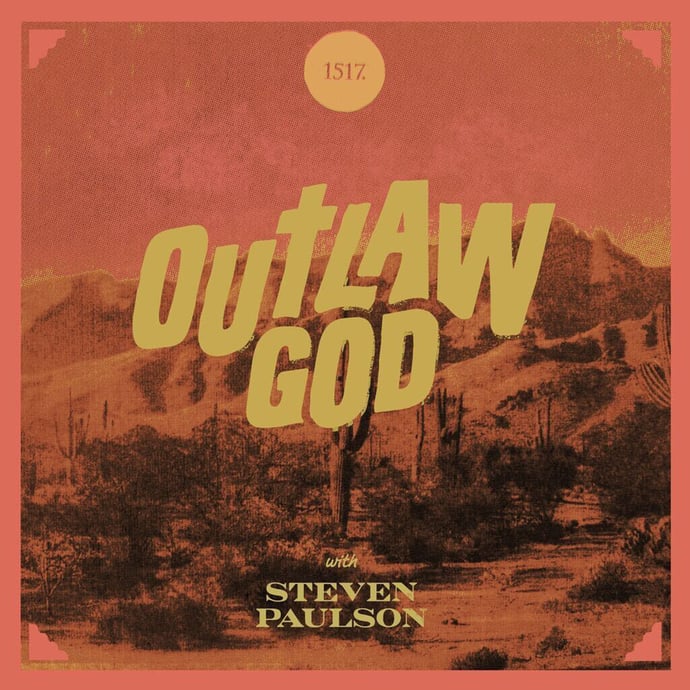In episode TWO HUNDRED AND FORTY-NINE, Wade, Mike, and Jason discuss theology as a practicus habitus (a practical aptitude or habitude or habit).
Podcasts
Each 1517 Podcast is dedicated to delivering Christ-centered content through weekly, monthly, and seasonal audio platforms. Listen online or on your favorite podcasting app.
Author
- All Authors
- Aaron Zimmerman
- Adam Francisco
- Amy Mantravadi
- Blake Flattley
- Bob Hiller
- Bradley Gray
- Brian W. Thomas
- Bror Erickson
- Bruce Hillman
- Caleb Keith
- Chad Bird
- Chris Rosebrough
- Christopher Gillespie
- Cindy Koch
- Craig Donofrio
- Dan van Voorhis
- Daniel Deen
- Daniel Emery Price
- Darrin Sheek
- David Andersen
- David Rufner
- David Zahl
- Debi Winrich
- Delwyn Campbell
- Donavon Riley
- Doug Klembara
- Edward Killian
- Elyse Fitzpatrick
- Erick Sorensen
- Flame
- Grant Klembara
- Gretchen Ronnevik
- Haroldo Camacho
- Jacob Smith
- Jared C. Wilson
- Jeff Mallinson
- Jeffrey Pulse
- Jessica Thompson
- Jim Nestingen
- Joel Fitzpatrick
- Joel Hess
- John Andrew Schreiner
- John Bombaro
- John T. Pless
- John W. Hoyum
- John Warwick Montgomery
- Katie Koplin
- Kelsi Klembara
- Ken Sundet Jones
- Magnus Persson
- Michael Berg
- Michael Horton
- Nick Lannon
- Paul Koch
- Peter Nafzger
- Philip Bartelt
- Raleigh Sadler
- RJ Grunewald
- Robert Kolb
- Rod Rosenbladt
- Ron Hodel
- Sam Leanza Ortiz
- Sarah Condon
- Sarah Crowder
- Scott Davis
- Scott Keith
- Steven Paulson
- Tanner Olson
- Troy Neujahr
- Uwe Siemon-Netto
- Wade Johnston
- William Cwirla
-
David and Adam begin their series on the various arguments for (and reasons to believe in) God’s existence.
-
You can call me any day or night. Call me! In this episode, we read Martin Luther’s verbosely titled treatise, “That a Christian Assembly or Congregation has the Right and Power to Judge all Teaching and to Call, Appoint, and Dismiss Teachers, Established and Proven by Scripture." We discuss ordination, church authority, the doctrine of the pastoral call, and much more.
-
David and Adam discuss how reason’s competence (with respect to the Christian tradition) has changed over the centuries.
-
Resistance to Tyranny is Obedience to God. In this episode, we discuss tyranny and resistance while reading a book of the same title by Reformation scholar David Mark Whitford. What is tyranny? When are Christians called to resist tyranny, and what does that entail? Are there any standards by which a Christian may judge whether a government serves God or the devil?
-
To be human is by its very nature to be finite.
-
What is fideism? David and Adam define fideism and discuss its problematic place in the epistemology of much contemporary Christian thought.
-
On this episode of Preaching the Text, John Hoyum and Steve Paulson examine a number of topics brought up by Jesus in Matthew 18.
-
We Need to Get Ba’aled Out. In this episode, we read Warren Graff’s article, "Baalism in the Life of the Church," and discuss the roots of Baal worship in Israel and its consequences for Israel and churches today.
-
Dr. Paulson goes deeper into the idea of opposing God in his word. He describes how this opposition and attack on the faith interacts with our suffering.
-
This week’s episode is a conversation between author John Bryant and Kelsi about John’s new book (out in September), A Quiet Mind to Suffer With: Mental Illness, Trauma, and the Death of Christ.
-
David and Adam bring some nuance to the issues surrounding faith and reason by discussing the different ways the terms are used (and misused) in academic and popular discourse.






